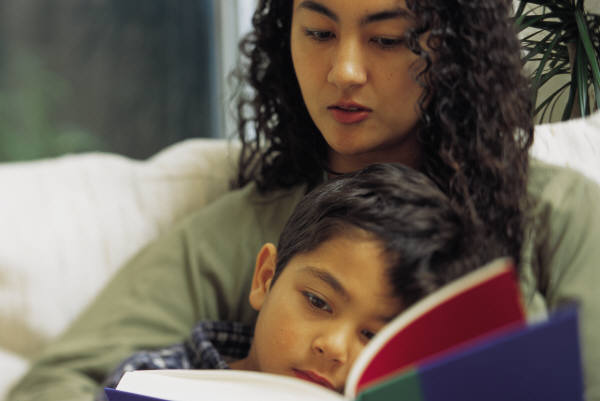Last Updated on March 20, 2018
Earthquakes, tsunamis, famine, tornados, and death — not topics of normal everyday conversations with children who wake up thinking about trucks and forts, fairy tales and parties.
But sadly this is the world into which my children and yours were born. And regrettably, suffering is the best classroom for discussing the truth about God’s character.
The summer our oldest was about nine years old, we were driving home from a week of vacation while listening to the radio; at least, Dennis and I were trying to listen. Suddenly, the program was interrupted with the news of a Delta Airline crash at Dallas Fort Worth Airport. Details of the fire, the panic of passengers, and the sirens of ambulances all caught the ears of our oldest. And she was afraid. She knew her daddy flew on airplanes a lot. In an instant, she realized her daddy could die in a plane crash, so that day we began a conversation with her that lasted for several months as her fears resurfaced each time her daddy got on another plane.
Oh, how we wish we could protect our children from such fears and especially from actually experiencing disasters and death. But we can’t. What we can do is take their little hands and put them in the hands of Jesus, which is the analogy we used with our daughter, Ashley. It is Jesus who she must trust, not us. It is His character of love and grace that will guide her throughout her life, not ours.
Mothers wear so many hats, but one that most mothers today never consider wearing is the title of theologian, which means one who teaches about God. But more than any other responsibility, theology, the study of God, is the hat she wears that most shapes who her children become and determines how they will manage the suffering they will experience in this life. Here is the first of several basic truths about God to discuss with your children. Consider it Theology 101 for kids.
1. God never intended for His children to suffer and die.
Read the story of creation (Genesis 1–2) to your kids right out of the Bible. They need to hear every inspired word; all that God made was good, Adam and Eve were naked and not ashamed, and the concept of death was not a reality in the Garden of Eden. (If your children are preschoolers, you might want to read from an abbreviated children’s version of the Bible. But don’t ignore the actual words of God for too long.) Ask them the question, “What kind of food did Adam and Eve eat, and what did the animals eat?” The answer is in Genesis 2:29 and 30. This shows us that no one originally ate meat, which means there was no killing of animals. Even lions, tigers, and bears ate plants. Death, including the death of animals, was not a part of the garden.
Then read Genesis 3 and discuss how and why everything changed forever. Specifically read the verse (Genesis 3:22) that says the fruit of the tree of life was present for Adam and Eve to eat and live forever. That was God’s original intention, but after Adam and Eve disobeyed, God moved them out of the garden so they would not eat from that tree and live forever, unable to ever be rescued.
This first concept is a big one. Explaining sin and death is complicated, but it is the first step to helping children understand where it all began and why. And it is a great comfort for our children to understand that God’s heart of love never intended for us to die. We were the ones who messed up His perfect plan.
As your children begin to hear about the tragedies of life, give them this knowledge about God and then continue the discussion over the years to come. We cannot isolate our children from difficulty. To do so would be to create an invalid. Yes, you must monitor how much they hear. God will give you wisdom if you ask Him to guide you. And as moms, it is our job, as we teach this theology of truth about God, to trust Him to take the seeds we are planting in our children’s hearts and grow those little people into strong men and women of character.
More theology 101 to come, and stay tuned for the story of an amazing mother who gave her two daughters a godly view of life that helped them survive insurmountable odds.




Thanks for the reminder today! My cousin was killed in the Joplin tornado and my 5 yr old sees me fall into tears now and then. I talked a lot with my teenagers when they were little and I still do, but I seem to have forgotten how to talk with a little one. Not forgot, but definitely rusty. Thanks!
i'm sorry about your cousin Linnette. the tornados this spring have been tragic. Even one death is too many. It's good for your children to see you mourn. You are teaching them even in that processing.
Bless you.
Thanks for the reminder that when our little ones have questions we should answer them using scripture as the basis and to help them understand.